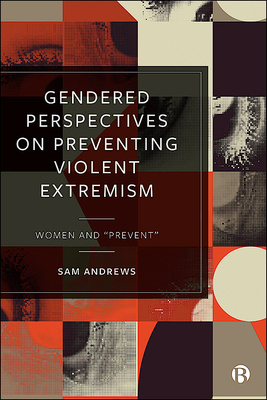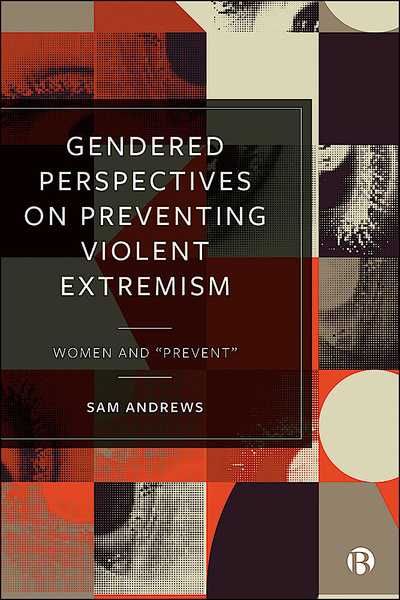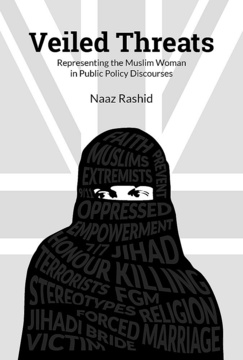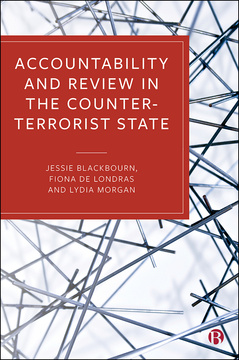Published
Sep 16, 2022Page count
240 pagesISBN
978-1529221558Dimensions
234 x 156 mmImprint
Bristol University PressPublished
Sep 16, 2022Page count
240 pagesISBN
978-1529221596Dimensions
234 x 156 mmImprint
Bristol University PressPublished
Sep 16, 2022Page count
240 pagesISBN
978-1529221596Dimensions
234 x 156 mmImprint
Bristol University PressThe UK’s ‘Prevent’ strategy aims to dissuade vulnerable groups from supporting terrorism, and women have been involved since its inception in 2006. Sam Andrews argues that women are still viewed within a traditional gendered framework as primarily peaceful and are mostly engaged as mothers, enlisted by Prevent to watch over and guide their families and communities.
Drawing on interviews and case studies, this book reveals how Prevent goes beyond simple counter-terrorism messaging to fund a diverse array of projects, from support for victims of domestic violence to parenting courses, shaping wider engagement with women in society.
"A highly original study, bringing women to the forefront of analysis of Prevent. Sam Andrews' impressive empirical work demonstrates the reductive conceptions of women used in counter-extremism programmes." Charlotte Heath-Kelly, University of Warwick
“Sam’s book gives us an excellent glimpse into the world of Prevent and the role of women within it. His work challenges how women are seen within the world of preventing violent extremism and the issues they face. His book is a must-read for practitioners and academics alike.” Joshua Skoczylis, University of Lincoln
Sam Andrews is Lecturer in Criminology at the University of Lincoln.
1. Introduction
2. Women in Terrorism and Extremism in Theory and Practice
3. Prevent: A Policy Overview From 2006 to 2018 and Beyond
4. Women in the National Policy Framework
5. National Projects Post-2011: Shanaz and Prevent Tragedies
6. Delivering Prevent Locally
7. How do Prevent Professionals Understand Women?
8. Women’s Perceptions and Experiences of Prevent: Muslim and Secular Black and Minority Ethnic Women, and Right- wing Women
9. Conclusion: Ideologies and Counterterrorism Practice













